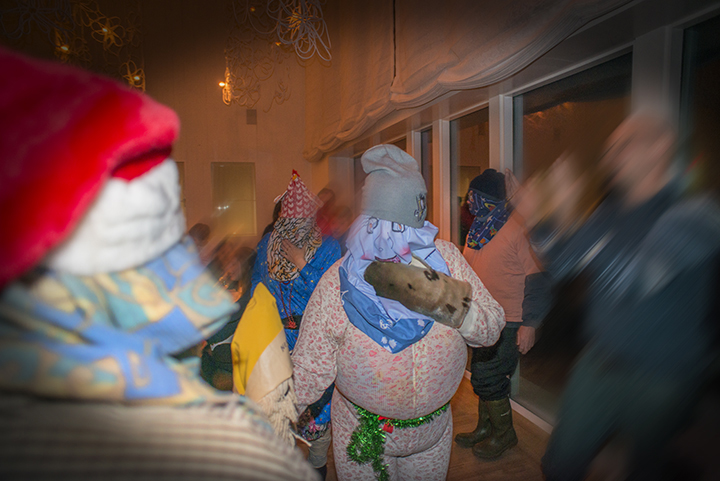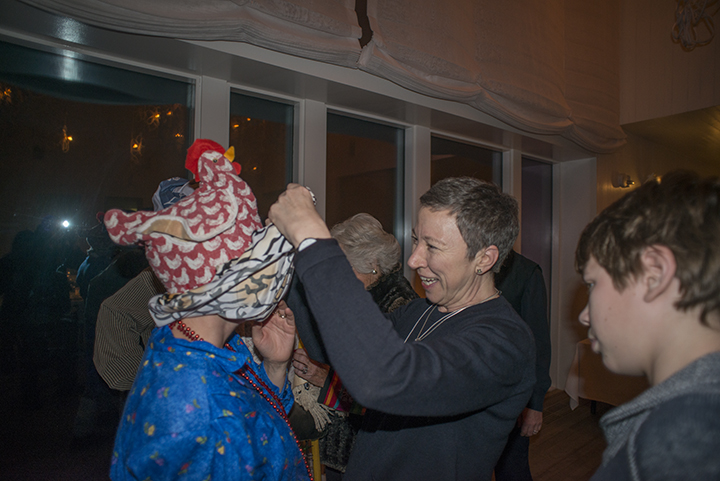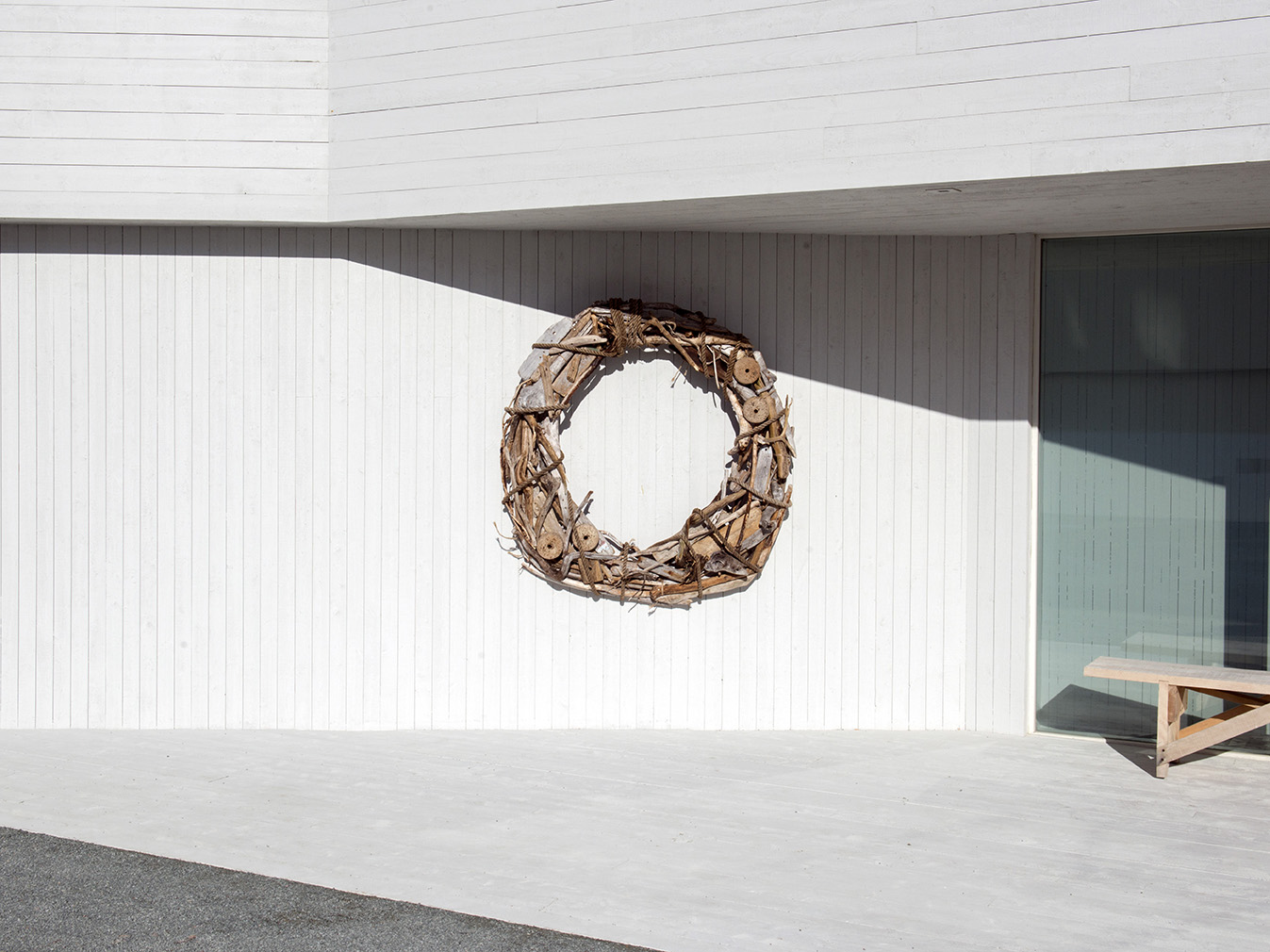In History | By Jill Brown | December 20, 2023
Unwrapping Fogo Island’s Traditions
Fogo Island has a rich cultural history and heritage. Though rugged wilderness and remote landscapes kept settlers isolated, the traditions they brought to Newfoundland kept community spirit and holiday cheer alive.
We wanted to share some of our favourite holiday celebrations that are quintessentially Newfoundland.

A Toast to Traditions: Tibb’s Eve
Holiday celebrations usually kick off on December 23 with Tibb's Eve (sometimes known as Tipp’s Eve or Tipsy Eve). With origins from Newfoundland’s Southern Shore, the exacting meaning of Tibb’s Eve is unclear.
Some folklorists say that Tibb’s Eve is a way to say “never” or a “day that doesn’t exist.” If something were said to happen on Tibb’s Eve, it would likely never happen! Others pinpoint folk etymology and pronunciation shift, with the phrase becoming linked to tipsy or tipple.
Whether it signifies that day that doesn't exist or a playful nod to revelry, Tibb's Eve begins Christmas merriment on the island.

On the Table
The holiday season is a time for toasting and feasting with family and friends. Many of the food and drink traditions that are popular today, arrived from England and Ireland with the settlers who came here to fish for cod. Other dishes were born of the islanders’ resourcefulness to get through the winter months using preserved ingredients, such as salted meat and fish.

Mummering
Mummering is an old holiday custom with origins in both England and Ireland. This practice happens largely in outport or more rural communities in Newfoundland—and Fogo Island is no exception.
At any time during the holiday season, groups of friends and family dress up in costumes and disguise their voices so that they are completely unrecognizable and head out for a night of fun in the community. They announce themselves with a firm knock on the door, and if they are invited inside, entertain their host with informal performances of music, dance, jokes, or recitations.

And the goal of this night? For the mummers to conceal their identity and trick their host, making it impossible for them to guess who’s hiding under the costume. Once the visitors are named, they can remove their disguises and enjoy some time with their hosts, before moving on as a group to the next unsuspecting home.
Mummering is a less common activity these days; nevertheless, a hard knock on the door, followed by a quick “any mummers ‘lowed in?” never fails to bring a smile to the face of hosts and visitors alike.






